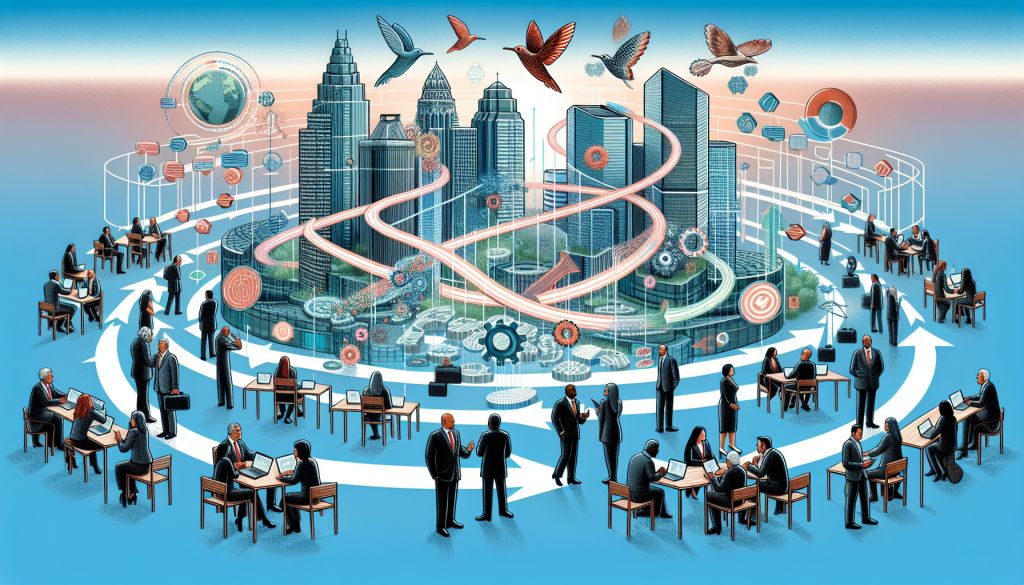In todays fast-paced and ever-changing business environment, organisations are constantly seeking ways to adapt and evolve in order to stay competitive. Inclusive Leadership in Agile Environments . One of the most effective approaches to achieving this is through Agile methodologies.
Agile is a mindset that focuses on flexibility, collaboration, and continuous improvement. It enables organisations to respond quickly to changing market conditions, customer needs, and technology advancements. By breaking down projects into smaller, more manageable tasks, Agile allows teams to iterate and adapt their approach as they go, leading to more efficient and effective outcomes.
Guiding Agile evolution in organisations involves more than just implementing Agile practices. It requires a shift in culture, mindset, and ways of working. Leaders must foster a culture of trust, transparency, and empowerment, where teams are encouraged to experiment, learn from failures, and strive for continuous improvement.
Effective communication is essential in guiding Agile evolution. Leaders must clearly communicate the vision, objectives, and expectations of Agile transformation to all stakeholders. They must also provide the necessary support, resources, and training to help teams successfully adopt Agile practices.

Another key aspect of guiding Agile evolution is the role of coaching and mentoring. Agile coaches can help teams navigate the complexities of Agile methodologies, overcome challenges, and build the necessary skills and capabilities to succeed in an Agile environment. By providing guidance, support, and feedback, Agile coaches can help teams maximise their potential and achieve their goals.
In conclusion, guiding Agile evolution in organisations is a multifaceted and ongoing process that requires strong leadership, effective communication, and dedicated support. By embracing Agile principles and practices, organisations can adapt and evolve in a rapidly changing world, driving innovation, collaboration, and success.